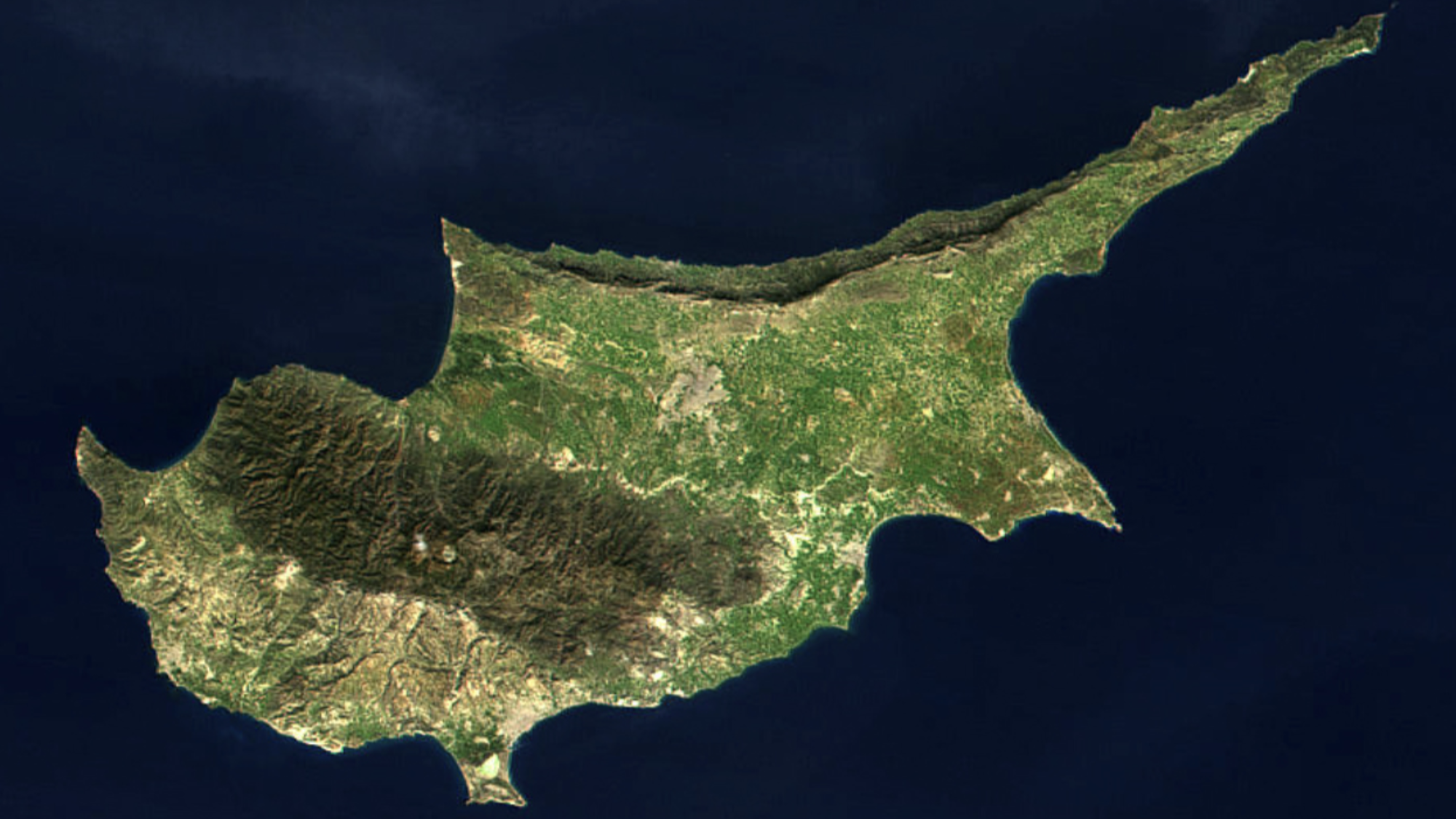How do you think your conflict with Turkey [regarding Turkish Cyprus] will turn out within the next decade?
We don’t call it conflict with Turkey, of course. We are engaged in negotiations to recreate common government institutions with the Turkish Cypriots, although there are also other sets of issues, not just power sharing. There are issues of creating a secure environment, which means addressing the presence of foreign troops: There are Turkish troops in Cyprus, and we believe that there will not be a solution or a lasting arrangement unless the island is free from foreign troops. There are three sets of issues. First, what do we do with ourselves – how much of the past do we restore, and what is the best way to deal with the problems that the past has created? Second, how do we create a secure environment? And third, how do we create a functional, power sharing government structure? Hopefully we can do it within the next 10 years, but you never know.
Do you think the United States should play any role in helping to resolve this dispute?
The United States is playing a role, and I believe that it will continue to play a role. If the United States is basically supportive of the UN effort to find something that is acceptable to both sides, then that would work. The United States is a friend, not a negotiator – not like with the Middle East [Israeli-Palestinian] peace process where the United States has the lead. In the Cyprus issue, the UN has the lead. But the UN, because it’s not a government, needs the support of the member states, so the United States is very important in this.
The Cypriot economy is on the road to recovery, with strong newfound growth. What are some long-term goals that you hope to see with the Cypriot economy, and how would trade with the United States affect that?
Not trade – we are not a producing country because we are a small country, so we are not exporters. Sometimes we export some things, like medicine, but nothing mass produced. Our economic relationship with the United States will be in the field of investment. There are American investments there now, and we want to attract more. We believe that will happen with reunification. Because there will have to be some restoration of infrastructure, there will be increased opportunities. Cyprus is also important as a regional base to operate out of for American companies. American business activity in the region is not what it used to be in the 80s, for example, when there were American companies building in Saudi Arabia and in the Gulf—there was a much much bigger American presence back then—but Cyprus is still a good base for operations, and the speed with which our economy has bounced back after our economic crisis shows that Cyprus has good assets.
Your current president, President Anastasiades, is seeking a second term. What do voters want him to focus on for his possible second term? What would he like to do?
Voters want what they expect of any person governing the country: a stable and continuously improving economy. They expect to maintain their standard of living and improve it, and they expect jobs for their children. Also, very significantly in the case of Cyprus, they expect that he will be able to bring the negotiations [with Turkey] to a successful conclusion. It’s not just the Cyprus question that matters, but it is very important. People anywhere expect to walk on safe roads, to live in a clean air environment; They expect a certain quality of life that they are accustomed to, so in this regard I think it’s the same as anywhere else. [President Anastasiades] will basically run on his performance in the economy. The crisis came a week or two after he took office, and at the end of his term he has the economy developing again with maybe 3.5% to 3.6% growth. In people’s minds, the resolution of the Cyprus question is [also] very important.
This transcript has been lightly edited for clarity and length.
. . .
Ambassador Leonidas Pantelides became the Cypriot ambassador to the United States in June 2016. He has previously served as the Cypriot ambassador to Russia, Greece and Sweden. He received a PhD in philosophy from the University of Kent in England.

